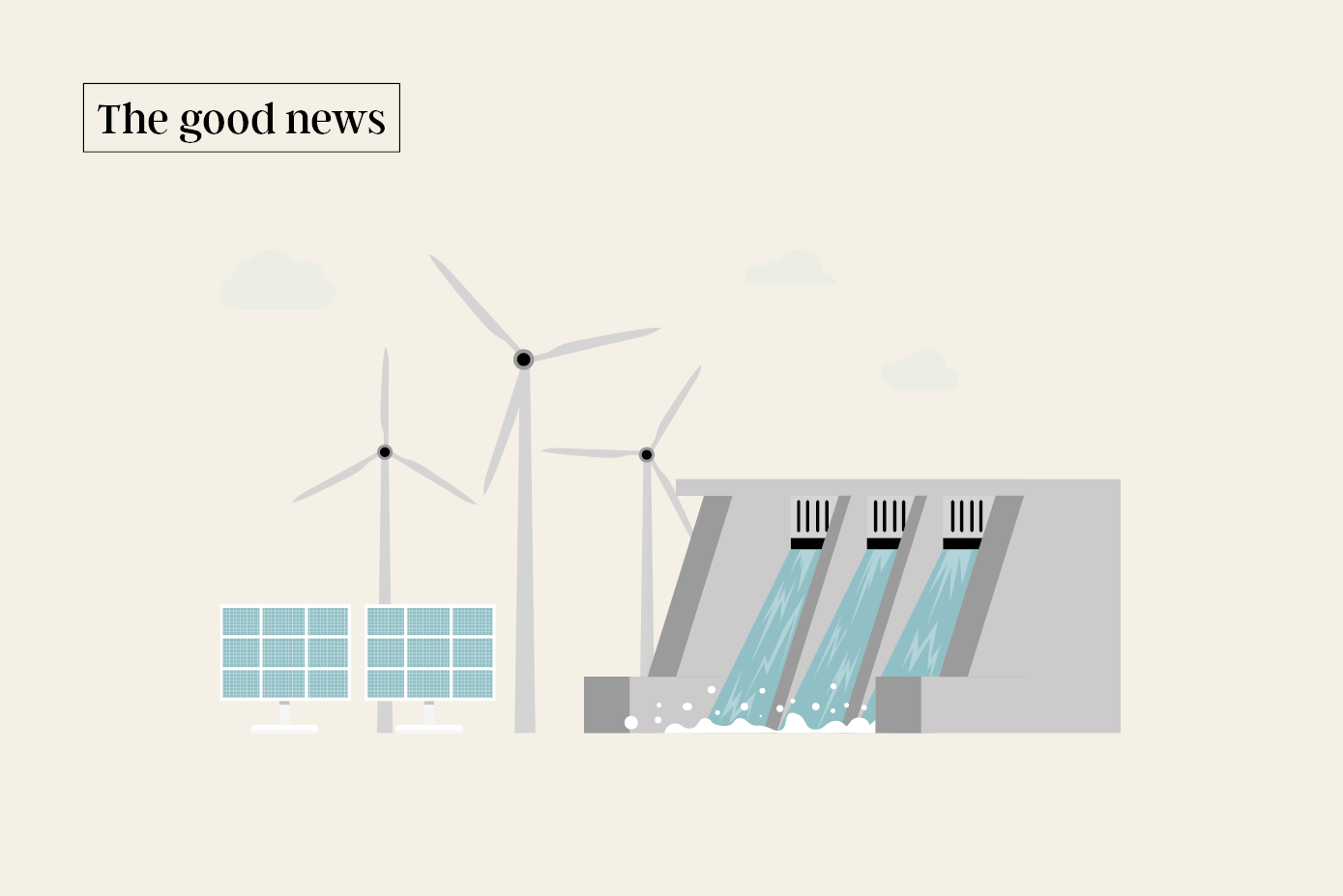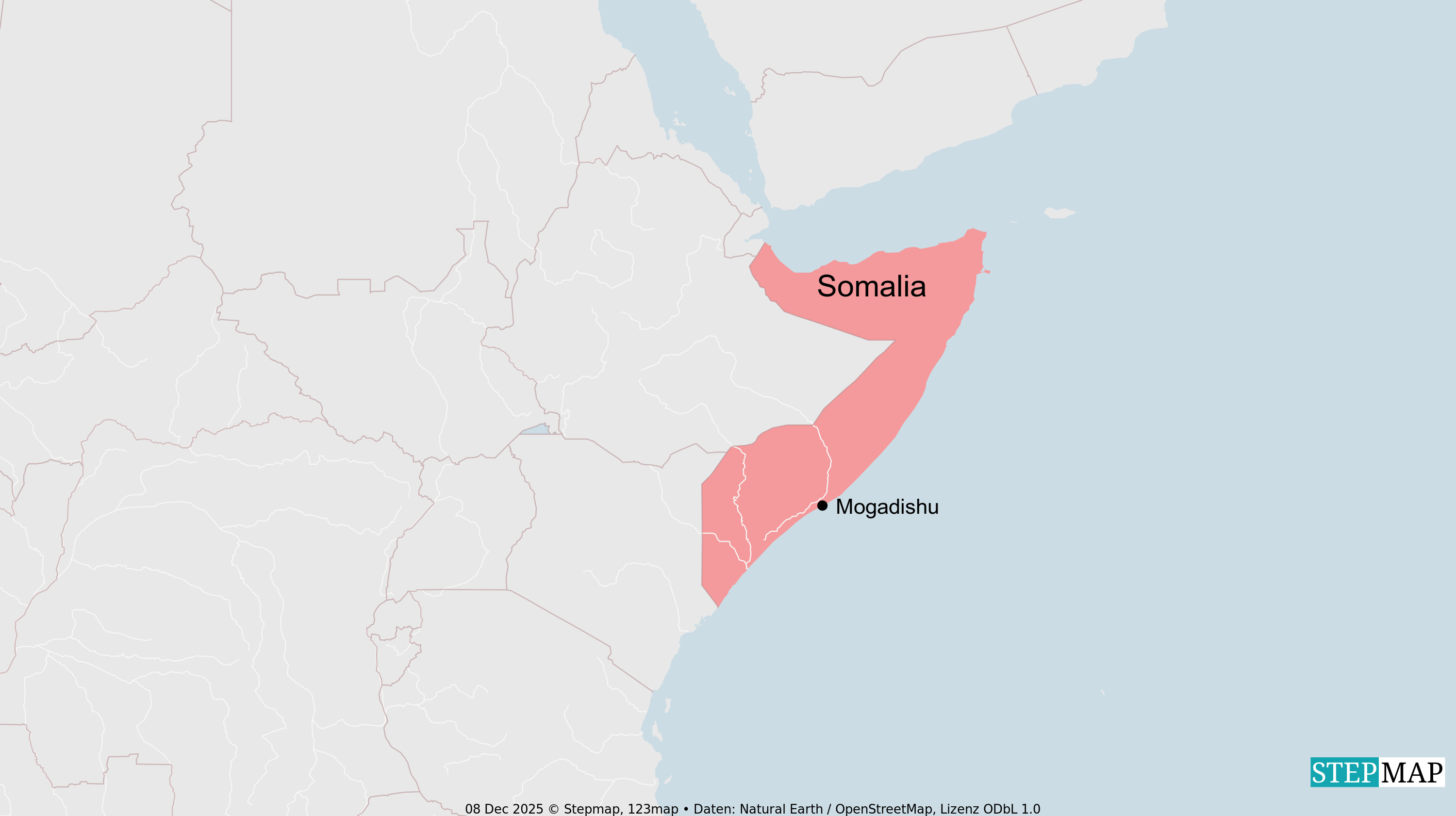Aid effectiveness
A Nicaraguan NGO’s experience
For 20 years, the Centro Alexander von Humboldt has been active in environmental protection and rural development in Nicaragua. It raises awareness for climate change and biodiversity, for instance. Last year, it employed 100 staff in 17 projects. On average, it had to file one report on finances or projects every week, and external accountants checked on the NGO every month. Things are like this because the Centro Humboldt relies on many different funding agencies, and all of them have their own formats and procedures for reporting, monitoring and evaluations.
Since satisfying all demands is a huge challenge for the Centro Humboldt, staff members decided to test the implementation of the Paris Declaration on Aid Effectiveness. They asked 11 funding agencies about their attitude to the Paris principles of policy Ownership, Donor Alignment and Donor Harmonisation. The little survey showed that some progress was made, but that an end to the bureaucratic nightmare was not in sight.
The Centro Humboldt does not lack Ownership, according to the responses from the 11 agencies. They confirmed that the Centro has a well-defined strategy and thus assumes responsibility.
Some of the donors fulfilled some Paris obligations too. They indicated that they design their support in tune with the Centro’s goals and strategies, which is part of the Aid Alignment principle. Three funding agencies even relied entirely on the Centro’s plans. However, the Alignment principle not only demands support for projects, but for capacity building at the partner institution too. The Centro hardly gets aid of the second kind. In spite of good intentions, funding agencies mostly invest in their own projects, but not in strengthening the Centro itself. Moreover, projects tend to be quite short, usually running for no longer than two years. Not a single programme is planned for more than four years.
In terms of Donor Harmonisation, the survey showed hardly any progress. Each funding agency uses its own standards for evaluation and reporting formats. The Centro Humboldt had practically no influence in these matters at all. The reasons were that
– funding agencies have to comply with the standards defined by the people and institutions that sponsor them and that
– some agencies don’t want
to give their partner organisations a say.
Many of the funding agencies considered their own requirements plain and simple enough so they saw no need to make things easier for the Centro Humboldt.
This informal survey was certainly not representative of donor action in general, but it does show that donors make life hard for partner organisations by not implementing the Paris Declaration – aid effectiveness suffers when they don’t.







